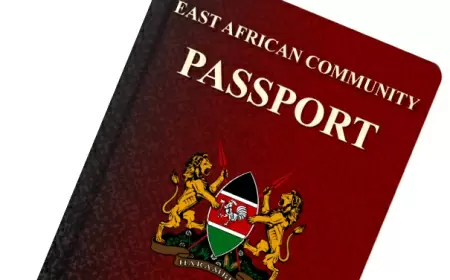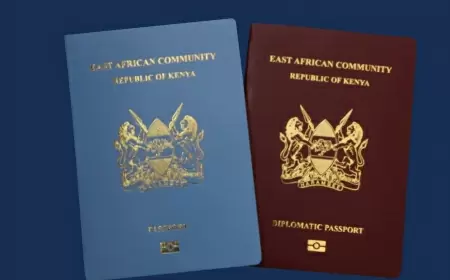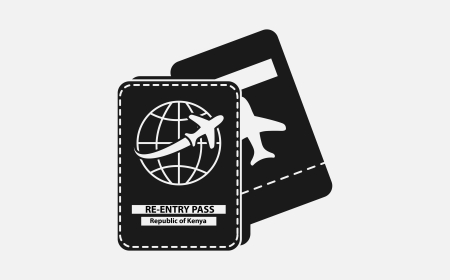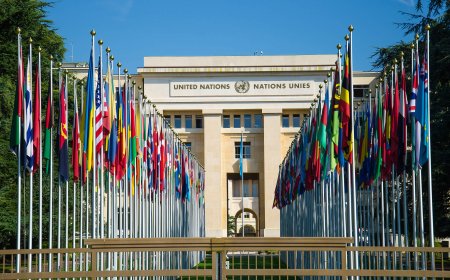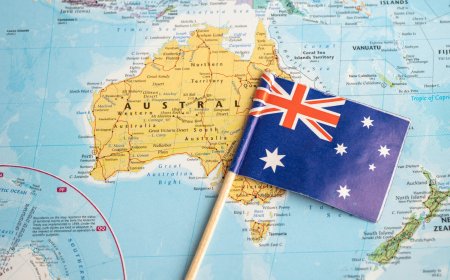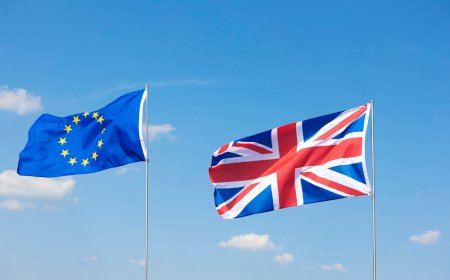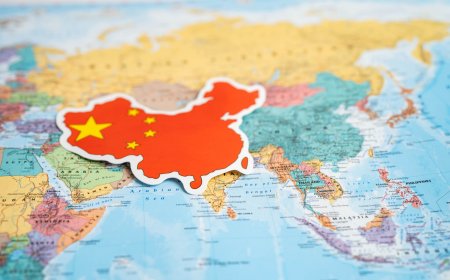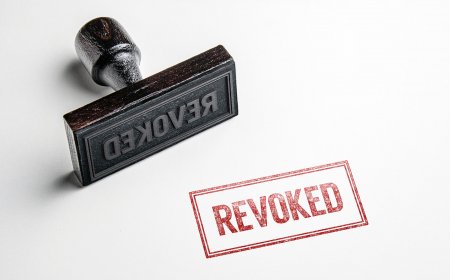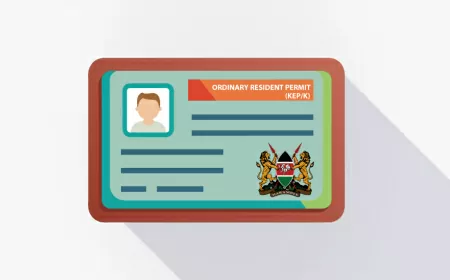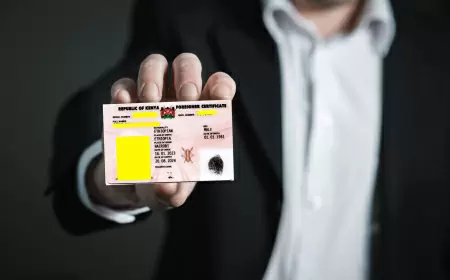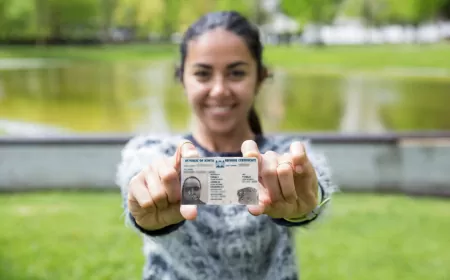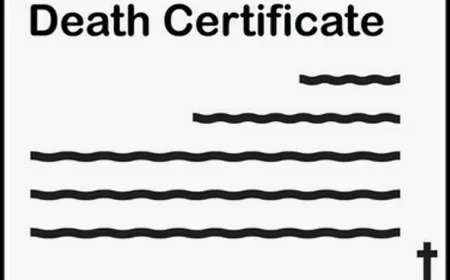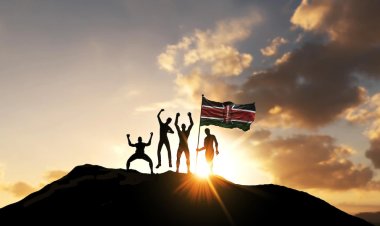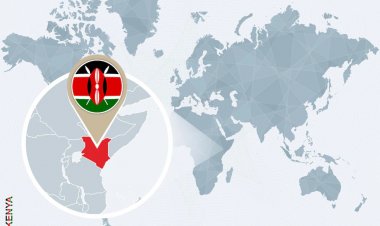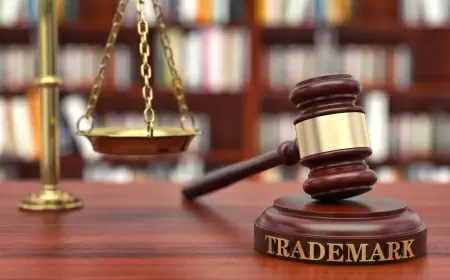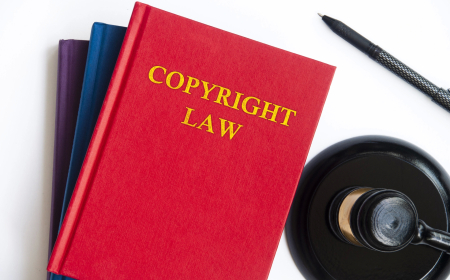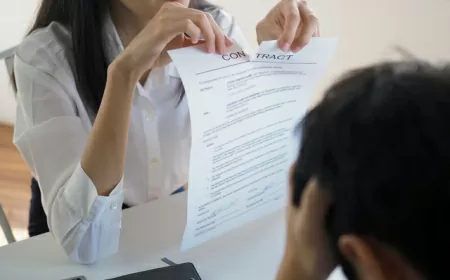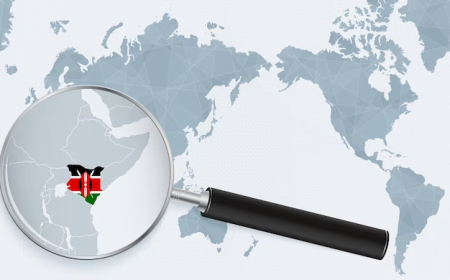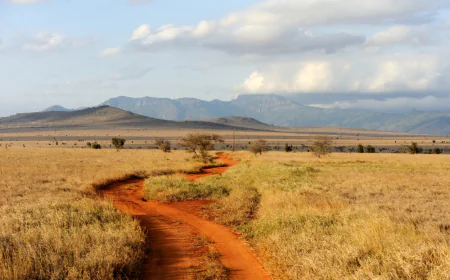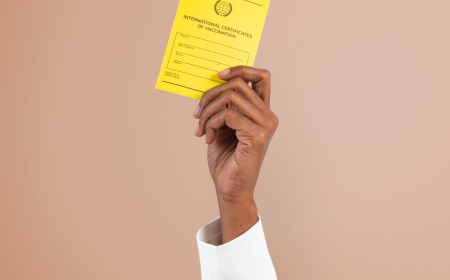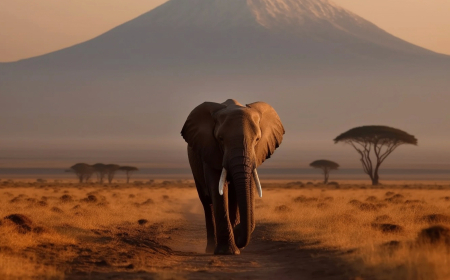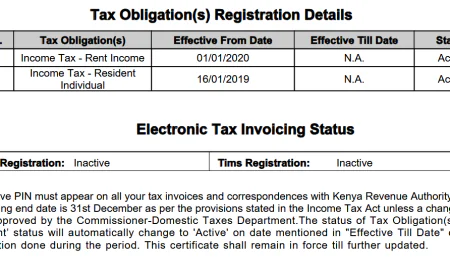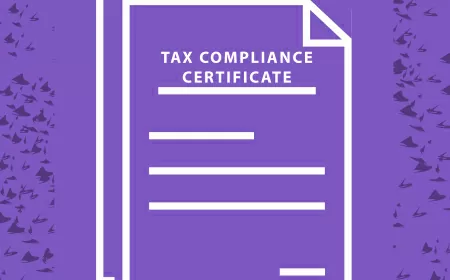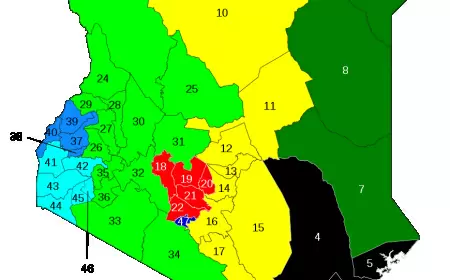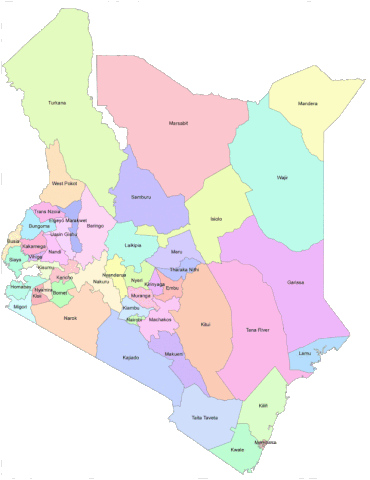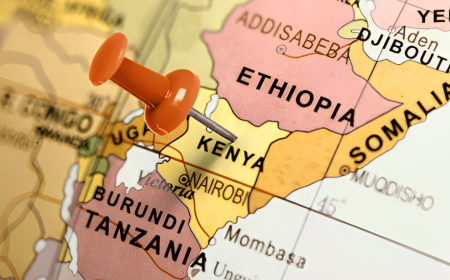Intellectual Property and Copyright Laws
By understanding intellectual property and copyright laws in Kenya thoroughly, creators can safeguard their ideas while promoting innovation within a legally compliant framework. This comprehensive guide aims to provide clarity on various aspects related to IP protection so that individuals and businesses can confidently navigate the world of creativity while respecting the rights of others.

Intellectual Property and Copyright Laws in Kenya
In Kenya, IP is regulated by laws like the Copyright Act 2001, Trademarks Act Cap 506, and Intellectual Property Act 2001, as well as international treaties. These laws are crucial for protecting creativity and fostering innovation. Understanding these IP and copyright laws is essential for individuals and businesses in Kenya to safeguard their rights and prevent infringement.
What is Intellectual Property?
Intellectual property refers to intangible creations of the mind, such as inventions, literary and artistic works, symbols, names, images, and designs used in commerce. By ensuring the protection of intellectual property, these laws encourage creativity, innovation, and economic growth.
The two key aspects that the Kenyan intellectual property laws focus on are copyright protection and industrial property protection.
1. Copyright
Copyright grants exclusive rights to authors or creators of original literary, artistic or musical works. In Kenya, the Copyright Act of 2001 provides legal protection for various forms of creative expression. Creators automatically have copyright protection upon creating their work, but it's advisable to register with the Kenya Copyright Board (KECOBO) to establish ownership.
Copyright owners have exclusive rights over reproduction, distribution, public performance, adaptation, and display. Infringement occurs when someone uses copyrighted material without permission or a license. Legal action through civil or criminal means may be necessary in cases of suspected infringement.
2. Industrial Property
Industrial property encompasses trademarks, patents, industrial designs, utility models, service marks, layout designs of integrated circuits, commercial names, geographical indications, and protection against unfair competition. These forms of intellectual property are crucial for safeguarding the rights and interests of businesses and creators.
Industrial property in Kenya is administered by the Kenya Industrial Property Institute (KIPI) under the Trademarks Act and the Industrial Act.
- Trademarks :Trademark law provides legal protection for distinctive signs that distinguish goods or services in the marketplace. Trademarks can be logos, words, symbols or a combination thereof that uniquely identify products or services from a specific source. Registering a trademark helps to prevent others from using similar marks that could cause confusion among consumers.
- Patents : Kenya recognizes patents as a means to protect inventions. Patents grant inventors exclusive rights over their inventions for a certain period of time. These exclusive rights prevent others from making use of the patented invention without obtaining permission from the patent holder.
- Industrial Designs :In order to promote innovation and technological advancement in Kenya's business environment, intellectual property laws also cover industrial designs. Industrial designs protect the visual appearance of products such as shape or pattern designs applied to objects.
- Utility Models : Utility models safeguard new and useful practical innovations that may not qualify for full patent protection.
- Geographical Indications (GIs): Geographical Indications (GIs) protect and promote unique products associated with specific regions. GIs identify products with distinct qualities or reputation due to their origin. They assure consumers of authenticity and quality. GIs also support economic development in originating regions by creating opportunities for local producers and boosting tourism.
- Plant Breeder’s Rights: Plant breeder’s rights protect new plant varieties, giving breeders exclusive control over the sale and reproduction of these plants. The duration is usually 20 years of protection from the date of registration.
3. The Government Entities Responsible for Intellectual Property Related Laws in Kenya.
- The Kenya Industrial Property Institute (KIPI)
- The Kenya Copyright Board (KECOBO)
- The Anti- Counterfeit Agency (ACA)
- Kenya Plant Health Inspectorate Services (KEPHIS)
Was this information helpful ?
 Like
0
Like
0
 Dislike
0
Dislike
0
 Love
0
Love
0
 Funny
0
Funny
0
 Angry
0
Angry
0
 Sad
0
Sad
0
 Wow
1
Wow
1





